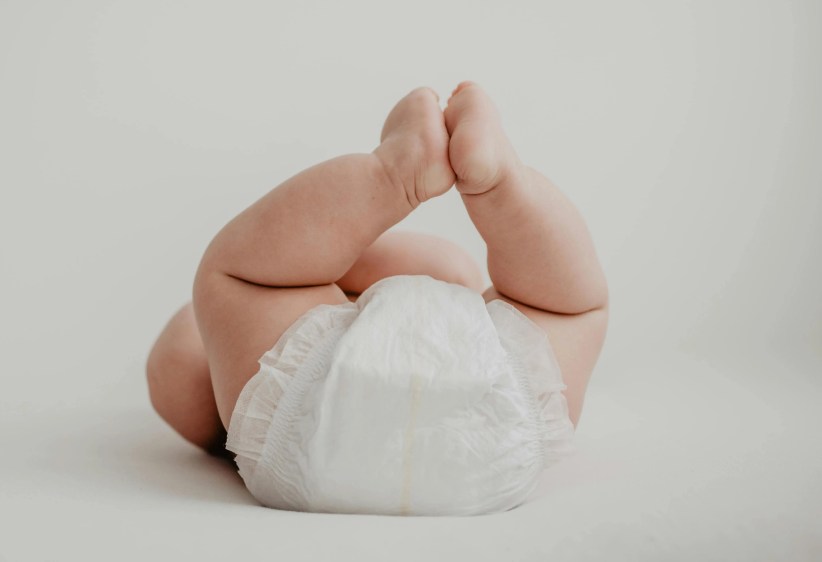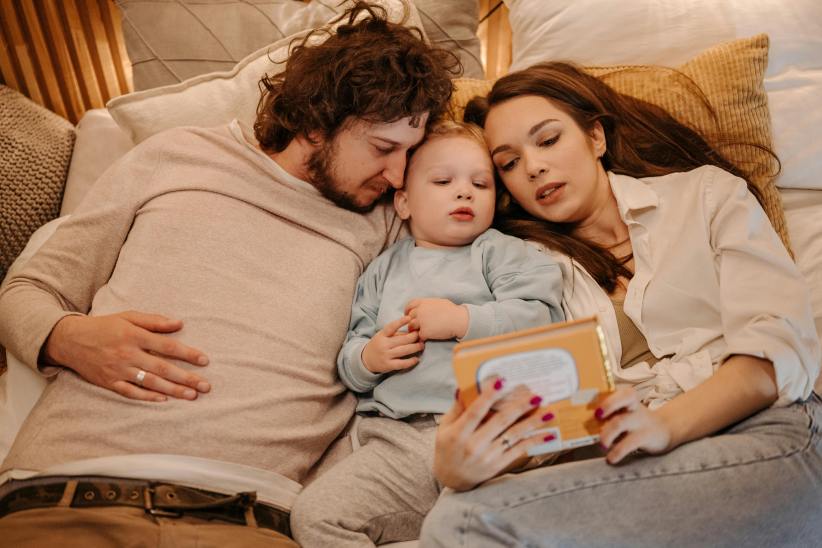Is your biological clock ticking again, as severe baby fever clouds your thoughts? Are you and your partner yearning for another bundle of joy?
Many couples gearing up for bebé número dos find that getting pregnant the second time around is a breeze, while others are wondering why this baby dance isn’t working out the way it ought to be. If you can relate to the latter, you’re not alone.
According to www.whatt
There are many factors that may potentially cause primary or secondary infertility (including age), but thanks to medical reproductive advances, more happy couples have been welcoming their bambinos into the world.
Reasons for infertility
Women have the best chance of conceiving at age 27 or so, but men usually don’t have to worry about low sperm count until after age 40 (and if things aren’t going “swimmingly” for him, it may just be a matter of wearing loose briefs or throwing back a few less beers).
And keep in mind, there’s only a 20 to 25 percent chance of getting pregnant each cycle! Even for young, healthy couples, it may take up to six months to a year to get pregnant.
According to Dr. Lynn Westphal, professor of Obstetrics and Gynecology (Reproductive Endocrinology and Infertility) at Stanford University Medical Center in California, there are some issues that can cause secondary infertility woes: endometriosis can progress, an infection could have occurred during delivery or afterwards, and fibroids or benign tumors could develop on the uterus.
A woman should mention any changes in her body or cycle to her ObGyn or midwife, and ask if that could be affecting her chances of a second pregnancy. Were there any complications during her pregnancy or delivery? Is she taking different medications that may affect her cycle? Luckily, some issues don’t require fertility treatments. Sometimes it’s as simple as changing your meds or adding more nutrients to your diet and getting more sleep.
In vitro fertilization and egg freezing
During in vitro fertilization, a process by which an egg is fertilized by sperm outside the body, the zygote (fertilized egg) is implanted in the woman’s uterus in hopes that a pregnancy will result. [Watch one couple’s moving journey live on “The Today Show” https://www.youtube.com/watch?v=utkUkvYq-zM ).
During the in vitro process, women usually experience some fullness or bloating as ovaries get larger, and may have some bruising at the injection site due to daily injections of follicle-stimulating hormones (normally produced in the body), according to Westphal. By giving more, hopefully you get more eggs to grow. Other side effects include breast tenderness and a tired feeling.
Westphal said she has close friends who went through fertility treatments, and knows the process can also be difficult both psychologically and emotionally.
“Couples often pay a lot of money and are stressed out and worried that they’re going through all this and still might not get pregnant,” she noted. In vitro is pricey; treatments cost about $15,000 to $17,000 per cycle and insurance doesn’t usually cover it.
And thanks to pioneering research by experts like Westphal, what was once impossible is now possible. As one of the country’s foremost experts in fertility research, she operated one of the first egg freezing clinics in the US.
Westphal’s recommendation for women who aren’t planning to get pregnant for several years but would like to freeze their (better quality) eggs, should do so at age 32 or 33, when their chances at conceiving are better.
Holistic alternatives
Westphal recalled a study she was involved in. She found that a special supplement seemed to help women who had irregular cycles, and after taking “Fertility Blend,” they seemed to have regular cycles and higher pregnancy rates. The secret? It has a number of vitamins, which include potent chaste berry extract and arginine, an amino acid.
If you’re trying to get pregnant, she suggests taking this as your prenatal vitamin or together with your prenatal vitamins, so it may optimize your cycle. But, if you’re under 35 and have been trying for a year, she suggests having an evaluation to figure out if there’s something else that is preventing your second pregnancy; if you’re over 35, she says, get evaluated after six months.
Over 40? You may want to see a fertility expert. Remember: The key element here is time. When eggs get older, it’s harder to conceive. Also, since 35 to 40 percent of fertility problems can be traced back to the guy (and his age affects sperm quality), a specialist can help if he’s over 40.
Does stress affect baby-making?
Westphal said it doesn’t, but admits that everyone is stressed out by the time they get to her office.
“I tell them it’s good to find ways to reduce and manage stress; long-term health habits may help prevent potential second baby fertility problems, and everything in moderation.”
Couples should cut down on alcohol, smoking, caffeine, colas, and calories, and get in more exercise, yoga, and meditation.
She emphasized partner support or support groups during the process, as well.
“Part of the problem with infertility treatment is, some people feel very isolated — they don’t feel like they can talk to others about it or, they don’t get a lot of emotional support.”
If you’re still not sure why all your efforts aren’t resulting in a positive pregnancy test, here’s a tip: take a break, relax, and enjoy a little vino over a romantic candlelit dinner. Or, how about a weekend getaway? Life can be overwhelming at times, so re-connecting emotionally is vital to a well-balanced, loving relationship.
As you jump-start your second baby-making journey and wait for the stork to come knocking at your door again, remember that no matter what happens, you still have your first child to cherish.
Babies are gifts. They’re truly little miracles. And despite amazing advances in reproductive research and procedures, how they come to be still remains a mystery.
Tammy Scileppi is a Queens-based freelance writer/journalist and parent and a regular contributor to New York Parenting. Interviewing hundreds of New York City’s movers and shakers has been an amazing adventure for her. Scileppi’s work has appeared in a variety of media outlets. She has also written book cover copy for Simon and Schuster.























